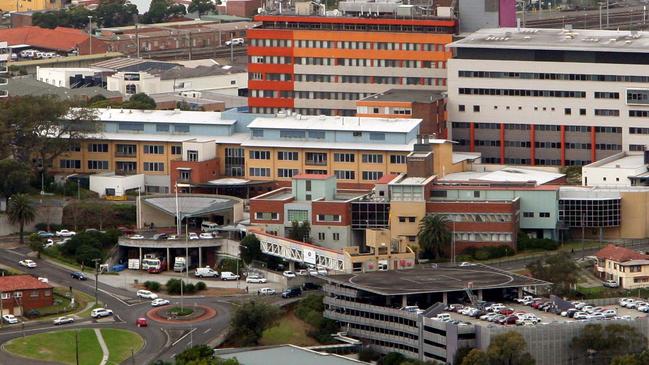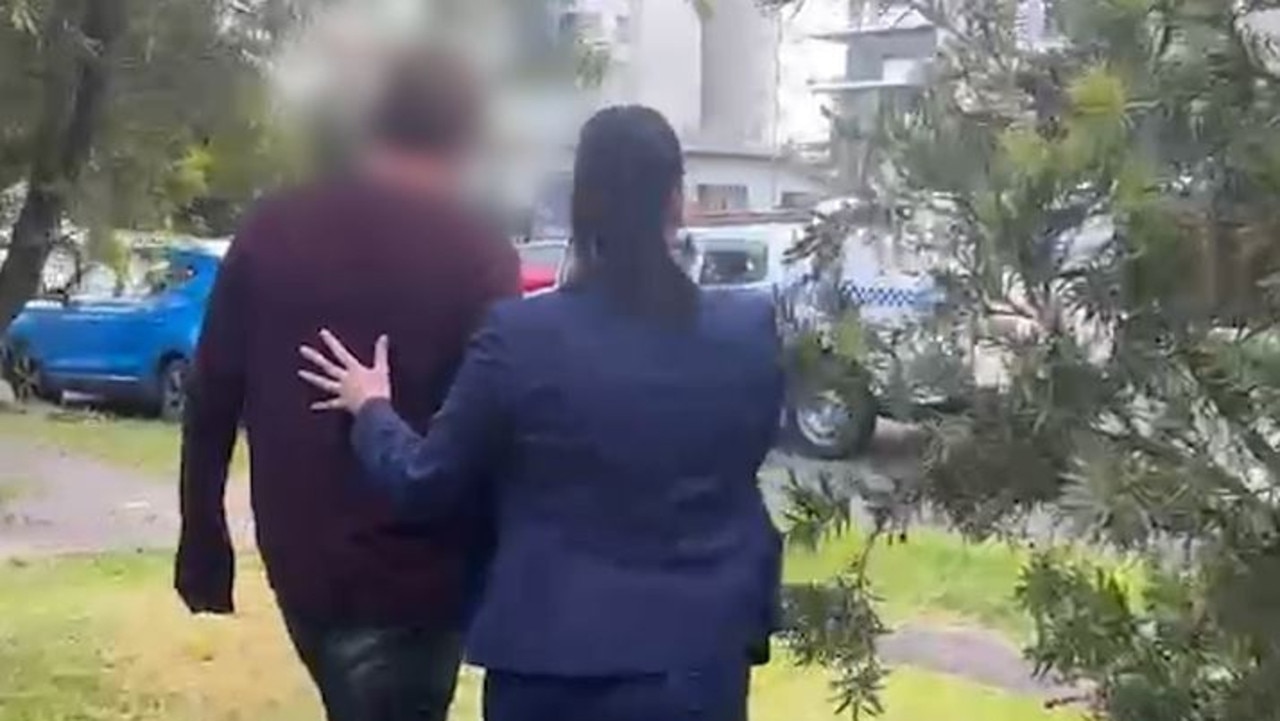Former Illawarra nurse Lea Andrews guilty of professional misconduct
A former nurse said she “lost her profession, health and financial stability”, after she was found to have an unprofessional friendship with a patient.

Illawarra Star
Don't miss out on the headlines from Illawarra Star. Followed categories will be added to My News.
A former Illawarra nurse has been found guilty of unsatisfactory professional conduct and professional misconduct after striking up a friendship with a vulnerable patient and moving into a rental home with him.
Former Illawarra Shoalhaven drug and alcohol nurse Lea Andrews was the subject of a hearing in the NSW Civil and Administrative Tribunal which on Tuesday found she had an inappropriate friendship with one of her patients.
Ms Andrews refused to be part of the proceedings, but in a statement tendered during the hearing said “my life is ruined by what I have done. I have lost my profession, my health and my financial stability due to what has occurred.”
Ms Andrews worked as a nurse with the Illawarra Shoalhaven Local Health District (ISLHD) in the Drug and Alcohol Rehabilitation Service from 2014 to 2019. In 2016, she began treating a patient for management of chronic paranoid schizophrenia, as well as long standing drug and alochol issues, becoming his case worker until September 2017.

In October 2019, the patient’s mother made a complaint to the ISLHD, alleging that Ms Andrews had become romantically involved with her son, resulting in them moving in together, and that there had been altercations resulting in police being called on numerous occasions.
The complaints were investigated by the Australian Health Practitioner Regulation Agency and the ISLHD, and Ms Andrews resigned from her position as a result.
The complaint was then taken to the tribunal by the Health Care Complaints Commission.
During the hearing, the tribunal heard that between May 2016 and September 2017 Ms Andrews “failed to observe professional boundaries” with the patient, contacting him by phone several times a week without clinical purpose, unnecessarily accessing his medical records when no longer his case manager and on one occasion attending one of the patient’s family events.
The HCCC submitted that while Ms Andrews was the patient’s caseworker there were approximately 68 outpatients visits, “at a timing and frequency disproportionate to the level of associated risk at the time”.
The tribunal also heard Ms Andrews moved in with the patient in October 2018, sharing a Kiama rental with him and reciving a “financial benefit” from him.
It was stated that Ms Andrews said the patient was homeless and he asked to stay with her for a while to get accommodation and finances sorted out.
Ms Andrews stated that he had his own living space which was separate to hers, and that they were flatmates and friends only.
The HCCC did not claim Ms Andrews engaged in a romantic or sexual relationship with the patient, however said the relationship, as a “close personal relationship”, demonstrated a failure by Ms Andrews to observe professional boundaries.
The Tribunal agreed, finding she should have recognised that she was over-involved with the patient.
“For her to share accommodation with the patient, even after her role as his case manager had ended, was a failure to comply with her obligation under the NSW Health Code of Conduct to maintain a professional relationship with her former patient and to avoid becoming financially involved with someone who had been in her care,” the tribunal found.




